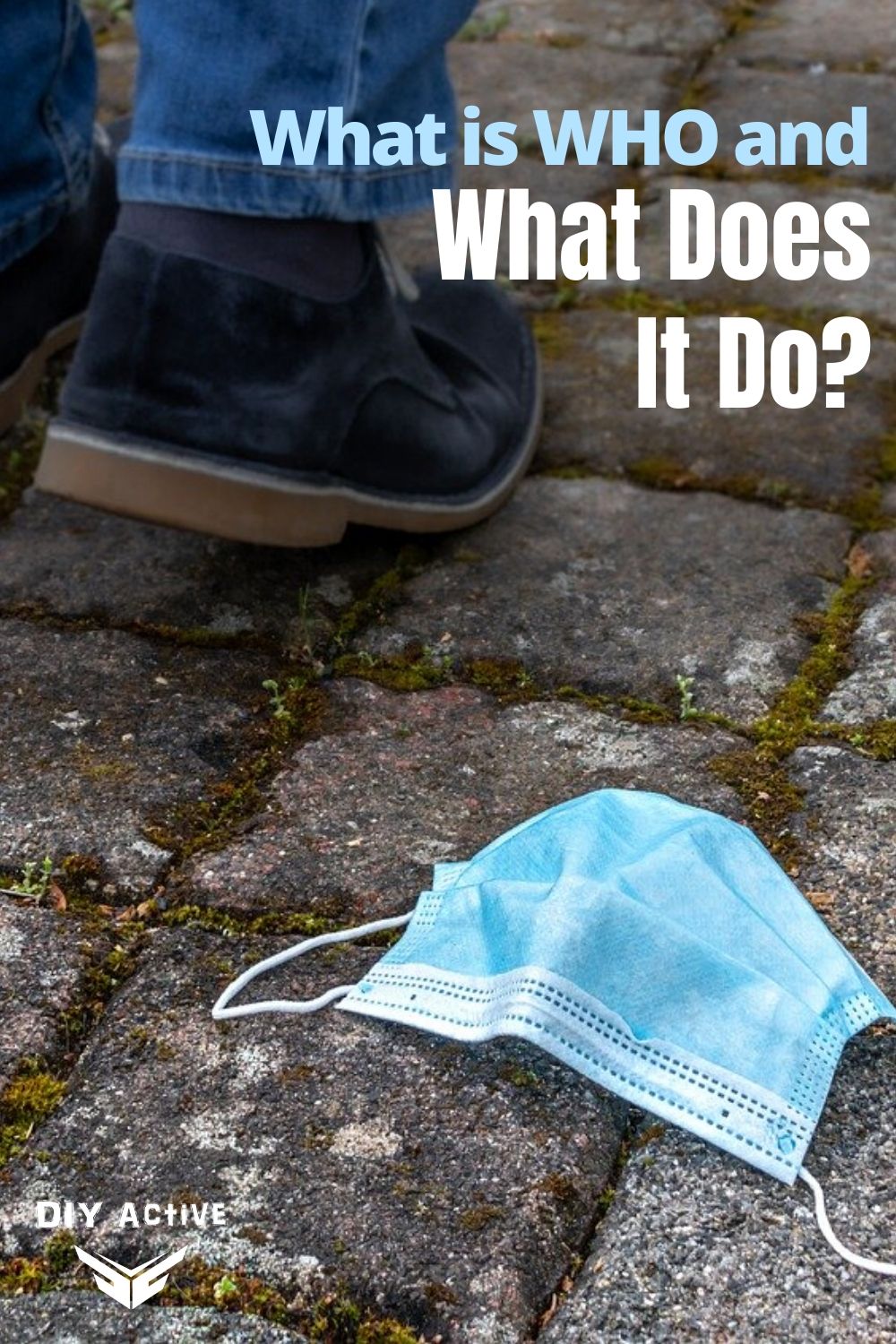What is the WHO and What Does It Do?
If you are like most, following the WHO (World Health Organization) and what they do hasn’t been much of your concern. But with this pandemic of COVID-19, the WHO updates are now top news.
What is the WHO?
The WHO is an international organization that monitors health initiatives across the globe and alerts the world to threats and diseases develops policies and improves access to care. The WHO was founded after World War II as part of the United Nations and has 7,000 employees in over 150 offices around the world.
Their priorities include undertaking reforms to improve their abilities to fight epidemics and pandemics and provide education on boosting health across the globe. Their efforts contribute to those most at risk and those continuing to live in extreme poverty.
WHO’s mission is to establish global standards and to give the right advice to countries regarding public health measures.
WHO programs include polio eradication, increased access to essential health and nutrition services, vaccine-preventable diseases, tuberculosis, and HIV and hepatitis. WHO has sent over 70 teams of response coordinators, epidemiologists, and advisors to help countries to help guide COVID-19 responses.

How has the WHO responded to pandemics in the past?
Faced with unprecedented challenges and facing one of the most devastating global health threats in 72 years, the WHO is now devoting all its efforts to fighting the novel coronavirus.
WHO’s handling of SARS in 2003 was considered successful. They acted quickly to issue guidance and put the proper travel restrictions in place. In the 2009 H1N1 swine flu pandemic, WHO received mixed reviews on their performance to slow the pandemic.
The WHO response to the 2014 Ebola outbreak was criticized in some respects for not acting quickly enough. With a new virus coming to the forefront of every country worldwide, WHO has a challenge that will take all resources to work towards solving.
How can they help with the global COVID-19 Pandemic?
The COVID-19 pandemic is likely to last at least two years according to health experts. The WHO can help with the mission of defeating the virus. They determine what is required to ensure that COVID-19 is controlled and can minimize the number of deaths worldwide.
Experts suggest countries must maintain a program guided by science where countries are united and leverage expertise and resources. WHO can help provide the guidelines needed to minimize the deaths.
Have countries been happy with WHO’s the pandemic response?
There’s been criticism around WHO’s handling of the pandemic response, with claims that the organization has mismanaged and has been covering up the coronavirus.
Defenders of WHO claim that defunding amid the global pandemic is not a very good strategic move, while USA President Donald Trump has cut half of its funding to WHO (the USA being the organization’s largest funder).
WHO protests concerns regarding their response by defending themselves, saying they hadn’t wasted any time in responding to the coronavirus. The issue with funding cuts is that the cut costs could affect programs like polio eradication and vaccine development.
What can you do to help stop the spread?
The most common symptoms include fever, cough, headache, sore throat, difficulty breathing, fatigue, runny nose, fatigue, and muscle aches. Complications can include conditions like pneumonia, kidney failure, and death.
If you begin feeling any symptoms, stay home, and self-isolate. If you do experience any symptoms, the best treatments include drinking lots of fluids, getting rest and sleep, and using a humidifier or taking a hot shower.
Wrap-Up
There is no vaccine available to protect against COVID-19, but your actions and measures can help stop the spread:
- Stay home as much as possible
- Wash your hands often with soap, water, or alcohol-based hand sanitizer
- If you need to sneeze or cough, do it into your sleeve
- Avoid touching your face including eyes, nose, and mouth
- Avoid any physical contact with people who are sick
- Stay home if you are sick
- Physically distance by keeping a distance of at least two meters (6 feet) from anyone outside of your household
- Wear a non-medical facemask whenever outside and especially on public transit and when in grocery stores